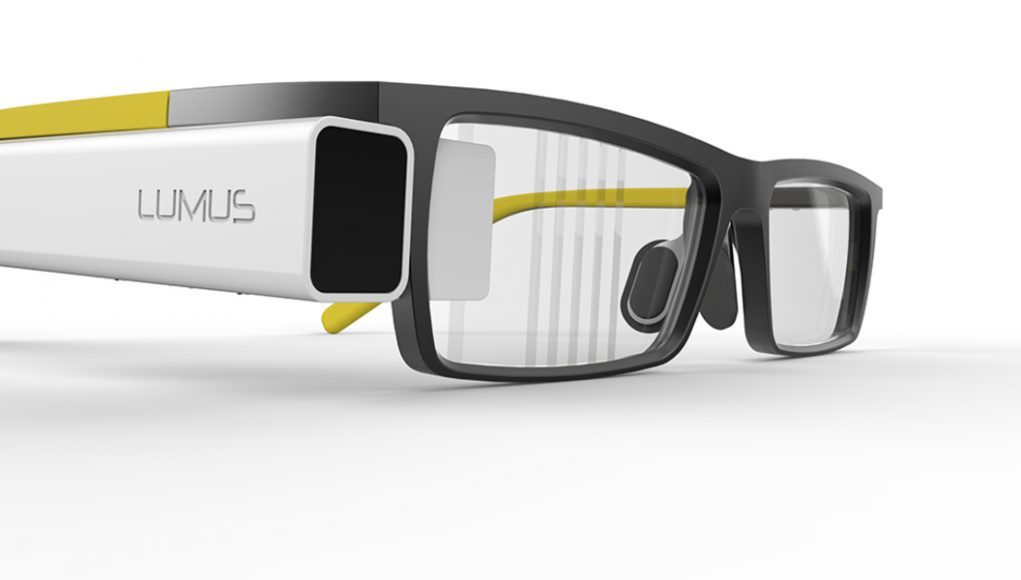Lumus Ltd. recently confirmed a $30 million funding round led by Quanta and HTC. Lumus is a leading provider and developer of augmented reality technology.
Following from the $15 million funding led by Shanda Group and Crystal-Optech in June, Lumus Ltd. recently announced a $30 million Series C round of funding led by Quanta Computer, the world’s largest notebook computer ODM company, along with HTC and other strategic investors. “AR/VR is well aligned with our growth strategy and we’re pleased to invest in the Lumus optics solution for augmented reality”, says C.C. Leung, vice chairman and president of Taiwan-based Quanta. “This is pioneering technology, and we have great confidence in Lumus as an innovator and industry leader for transparent optical displays in the AR market.”
Founded in 2000, Lumus has established itself as a leading provider and developer of the core enabling technology for augmented reality. Their ‘Optical Engine’, which combines a patented Light-Guide Optical Element and a miniature projector, is already found in AR devices used in industries such as aviation, logistics, medical care, and the military. The technology is also being applied to consumer products in the development stage, with the current DK-50 development kit being provided to leading consumer electronics and smart eye-wear manufacturers, sporting a 40 degree field of view – larger than Microsoft’s HoloLens. Speaking to TechCrunch, Lumus CEO Ben Weinberger revealed that a prototype with a 50% larger field of view than the DK-50 will be shown at CES next month.
HTC’s interest is understandable, as their current involvement in VR will inevitably converge with AR in the near future. Alvin Wang Graylin, HTC China Regional President of Vive, recently predicted that the first ‘integrated selectable AR+VR product’ would arrive in 2018. “We are very committed to AR/VR,” says David Chang, COO of HTC. “Our current investment is aligned with HTC’s natural extension into augmented reality following our successful VIVE launch earlier this year.”
While the combined $45 million funding is eclipsed by the staggering $793.5 million Series C investment in Magic Leap earlier this year, the new financing is a tremendous boost to Lumus. According to the press release, they plan to ‘expand development, operations, and marketing of its display technology for the AR and smart eyewear industry’. The rapid rise of AR investment is expected to continue; in a recent IDC study, it was predicted that AR could become an everyday technology for more than a billion consumers within the next five years, with 30 percent of Global 2000 companies incorporating AR and VR into their marketing programs during 2017.
“This new funding will help Lumus continue to scale up our R&D and production in response to the growing demand from companies creating new augmented reality and mixed reality applications, including consumer electronics and smart eyeglasses,” says Ben Weinberger. “We also plan to ramp up our marketing efforts in order to realize and capture the tremendous potential of our unique technology to re-envision reality in the booming AR industry.”







